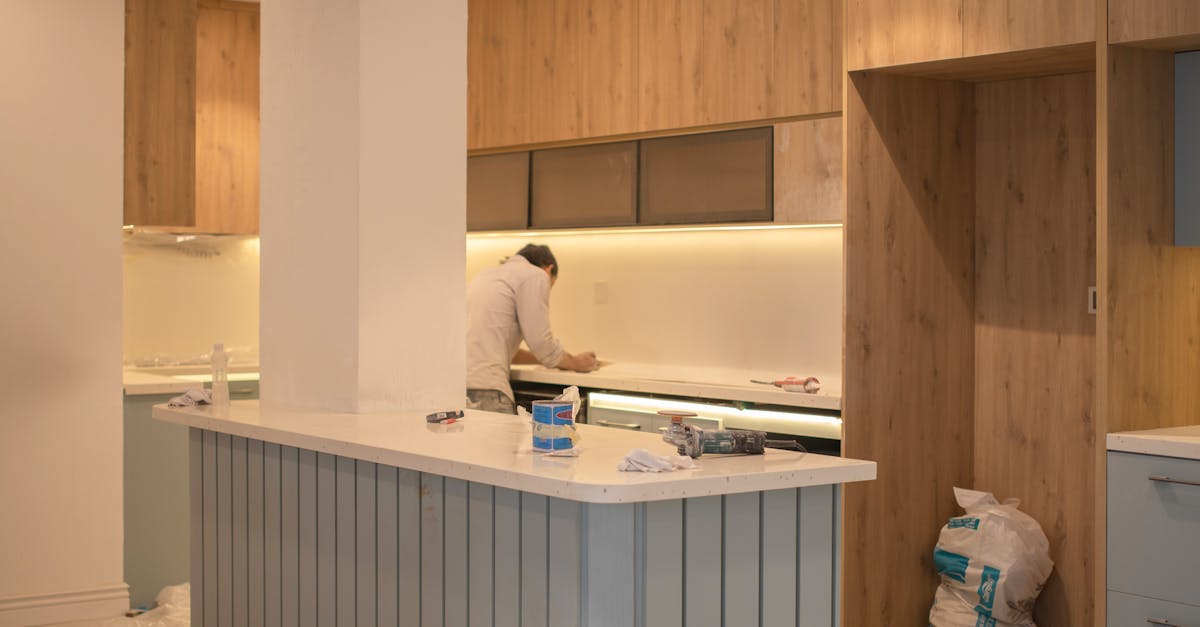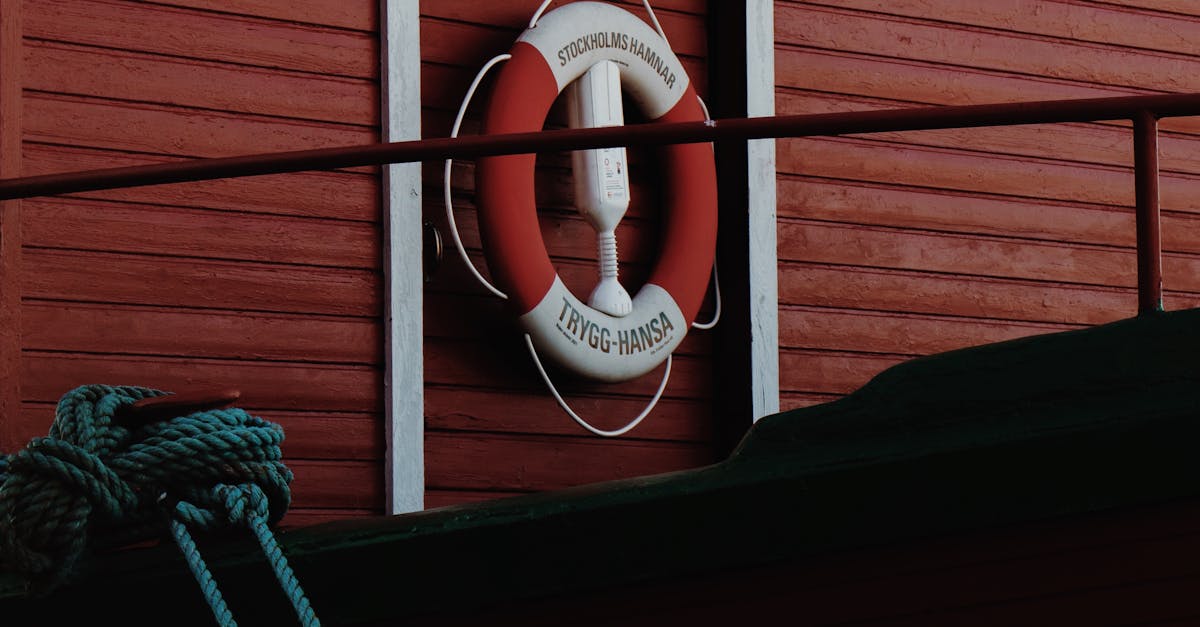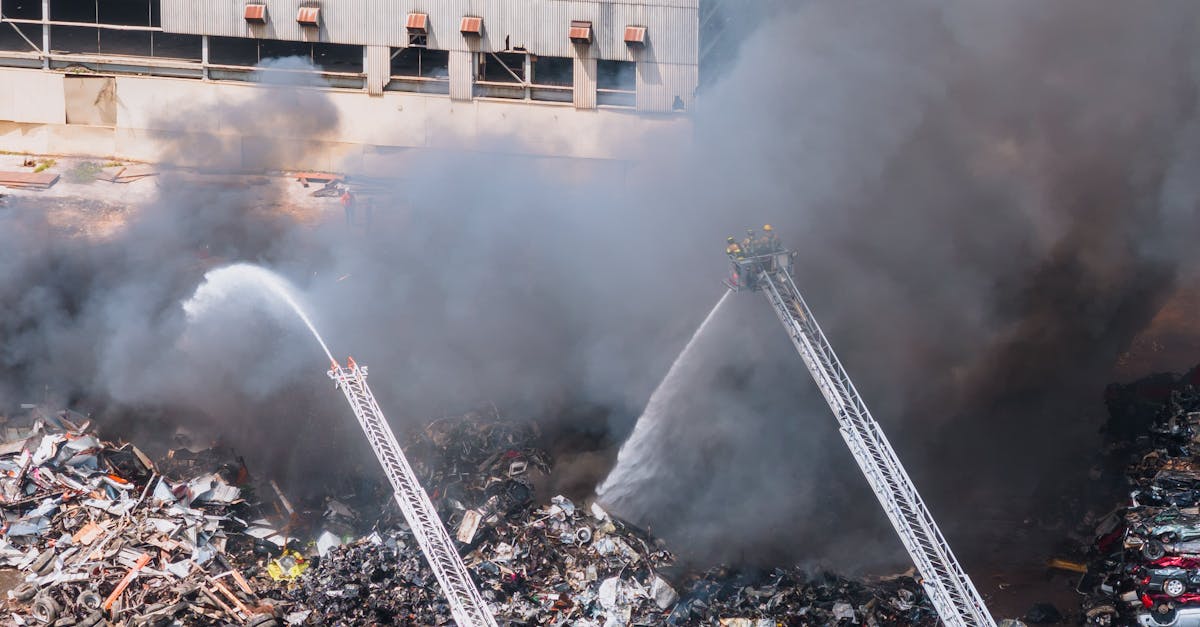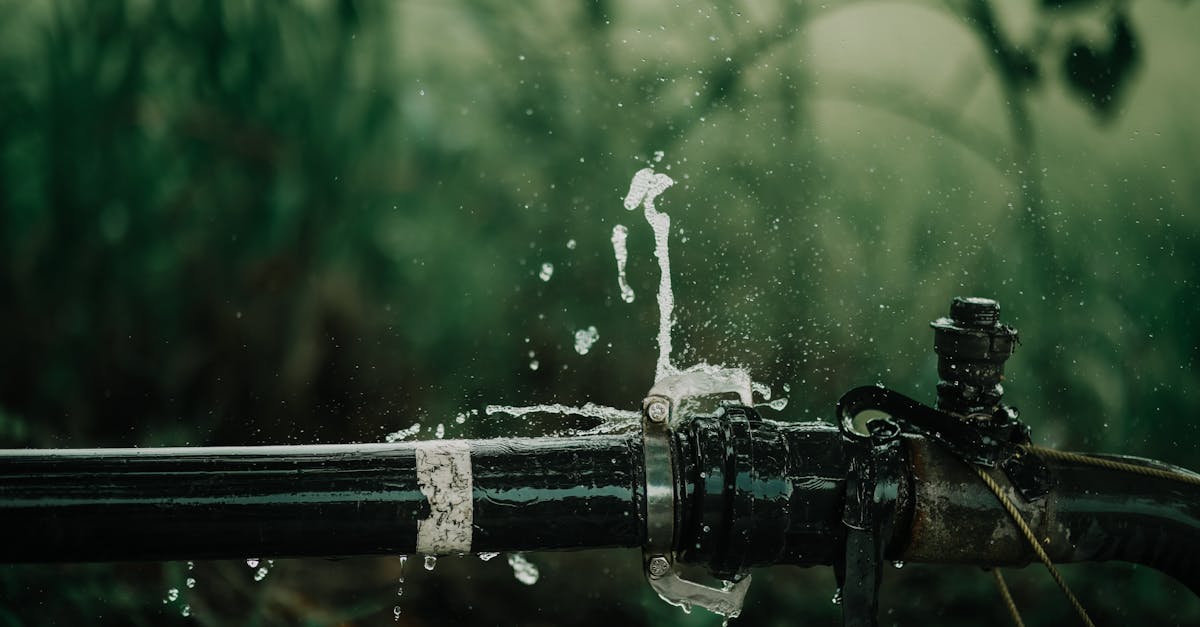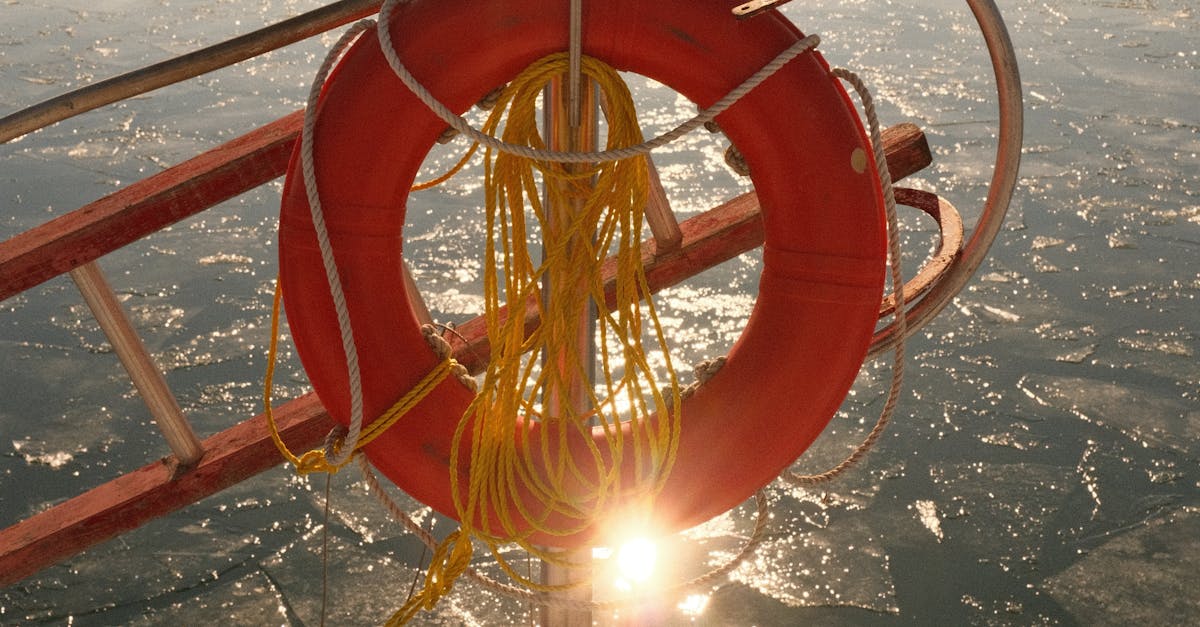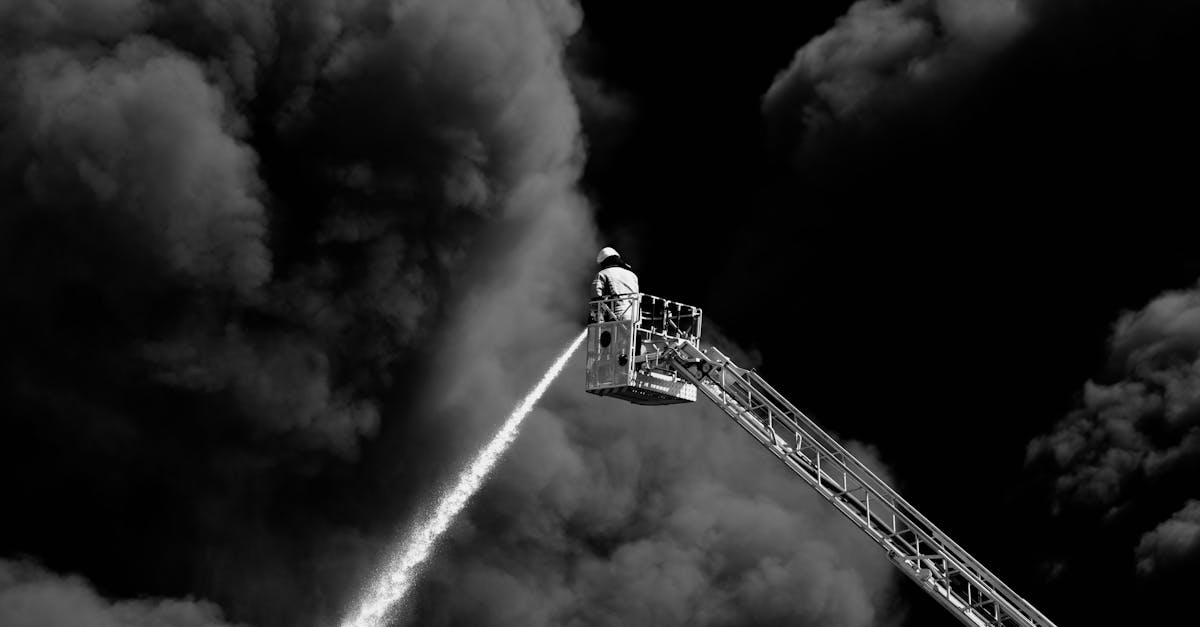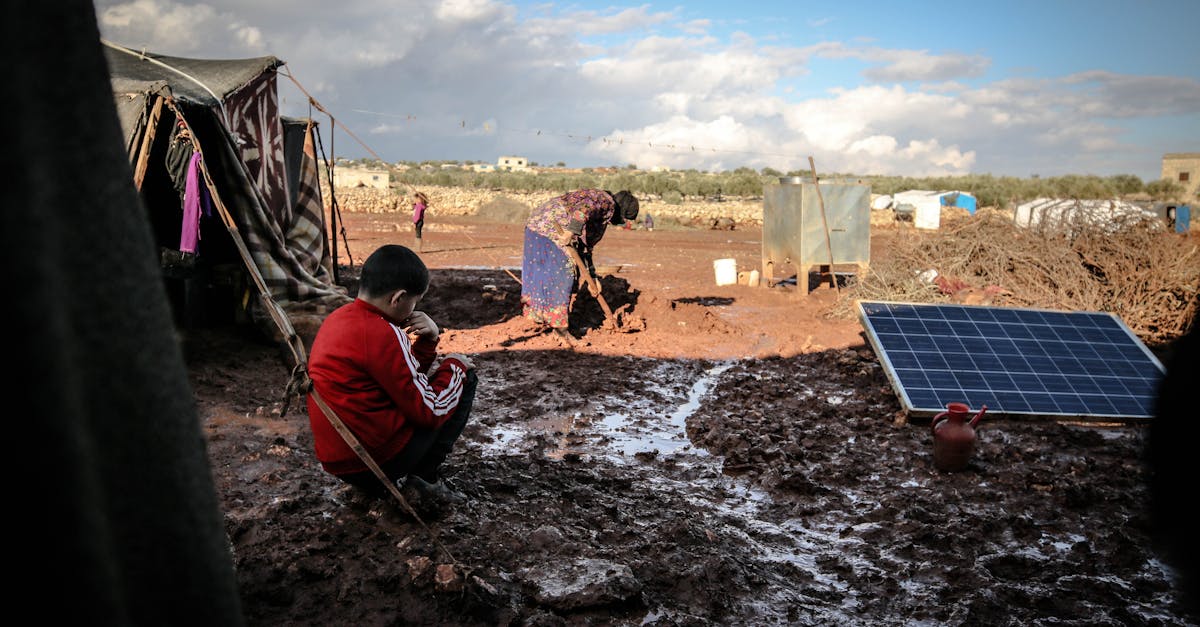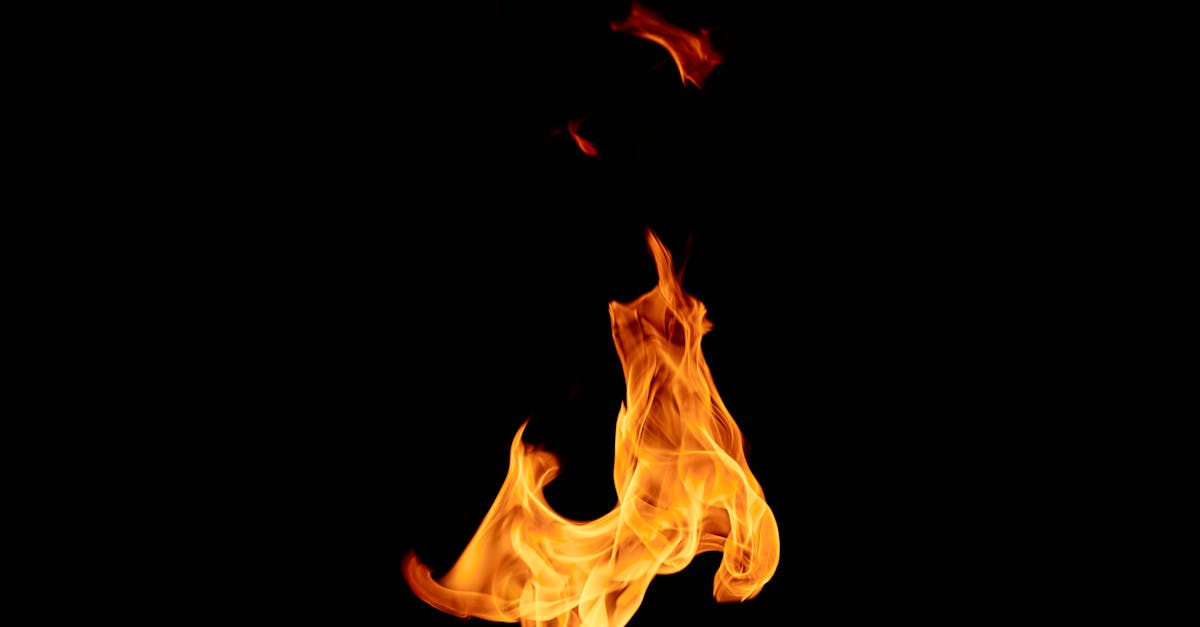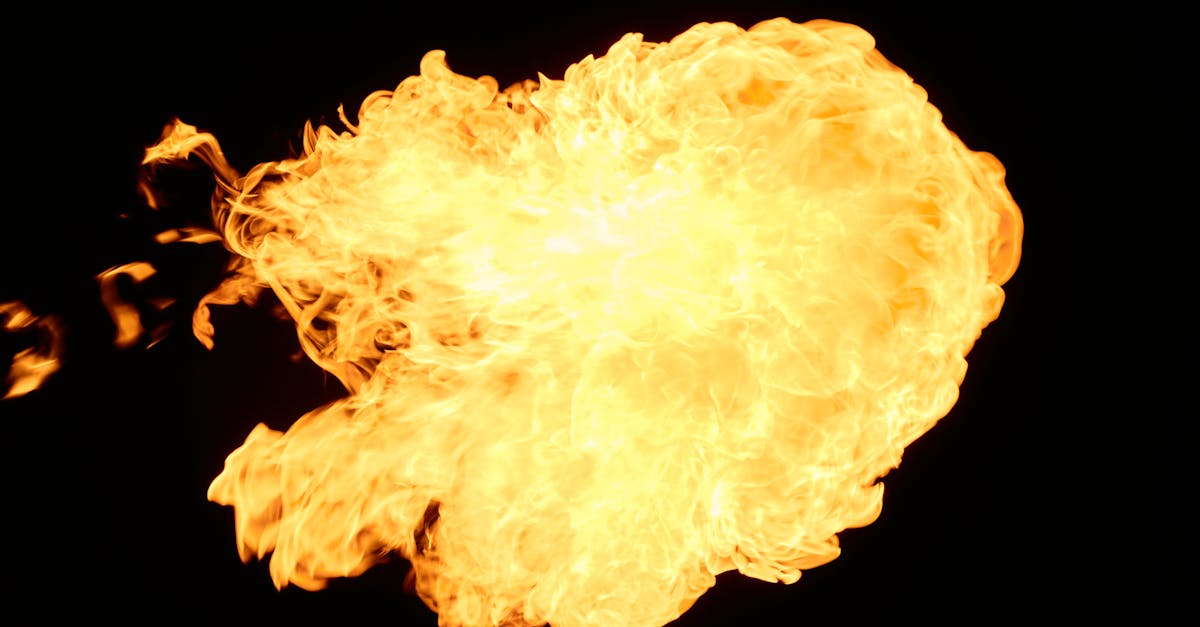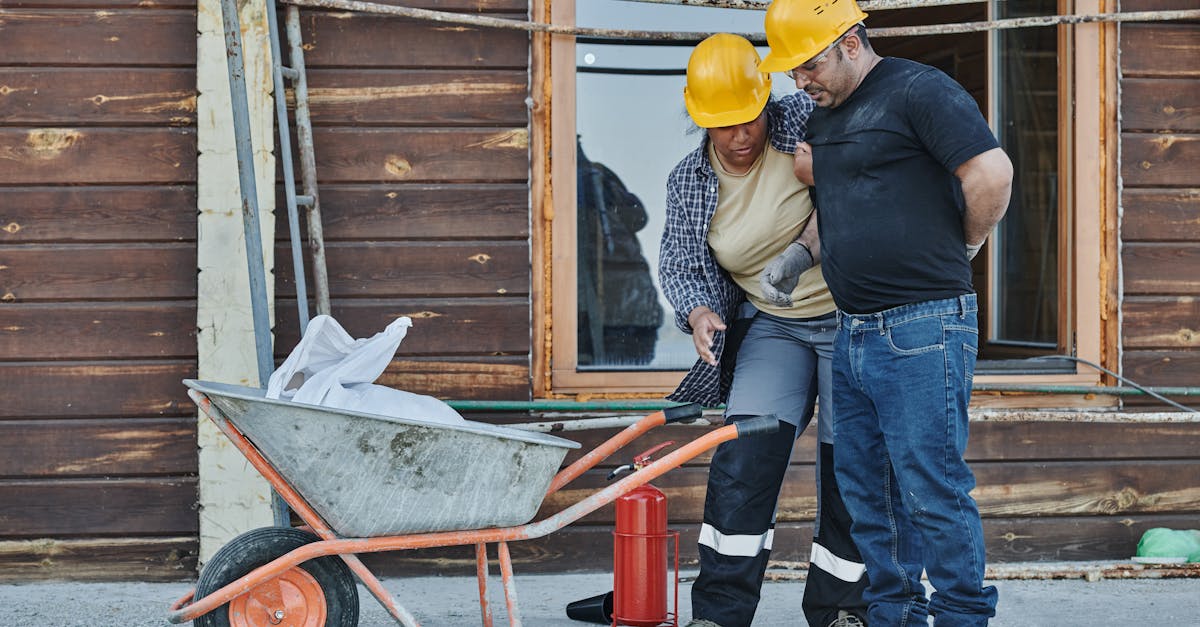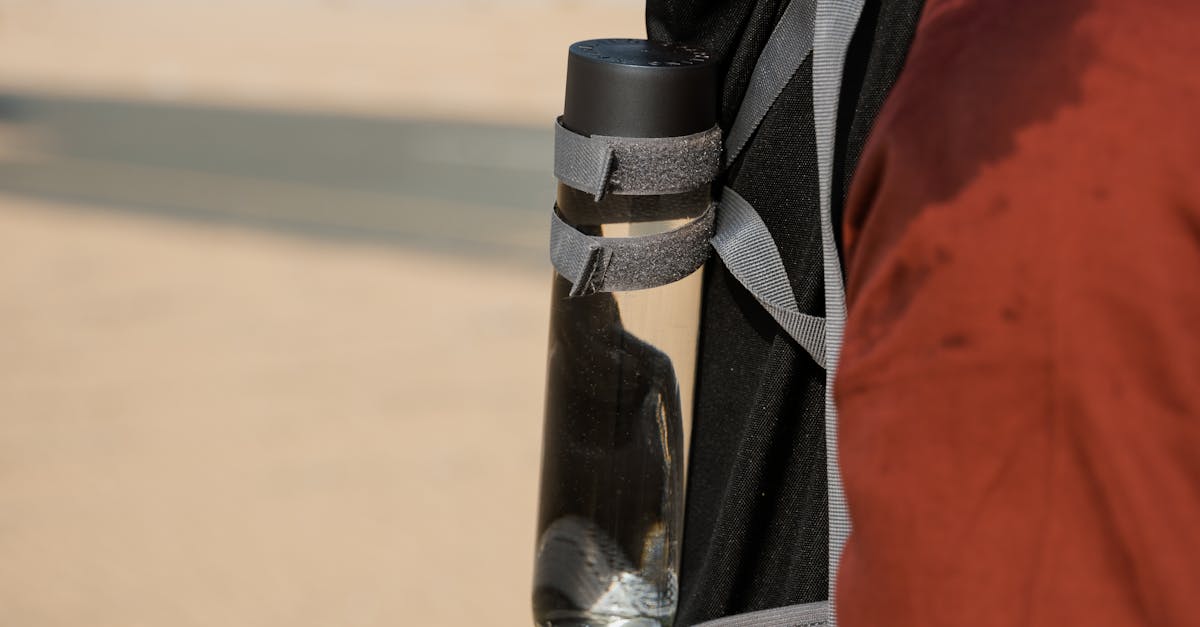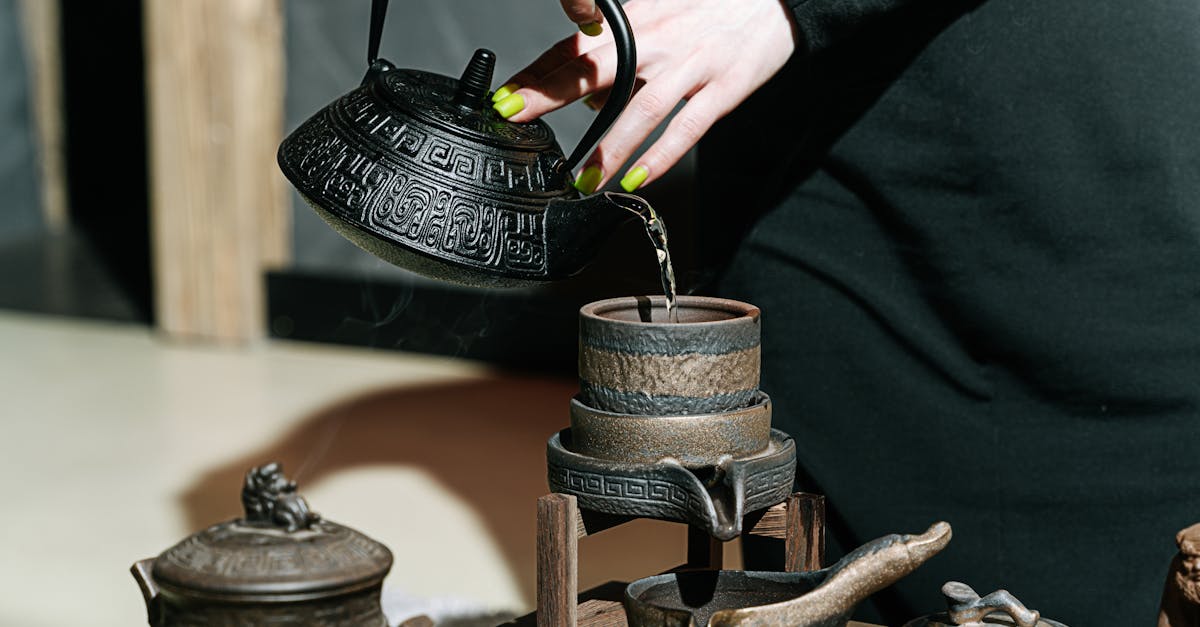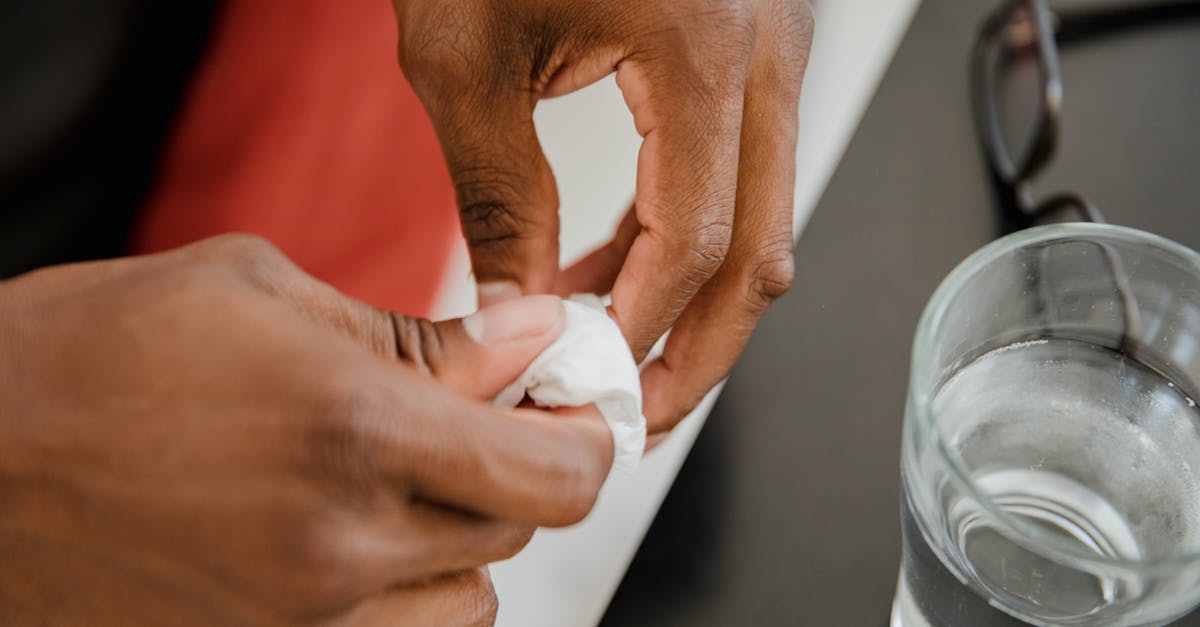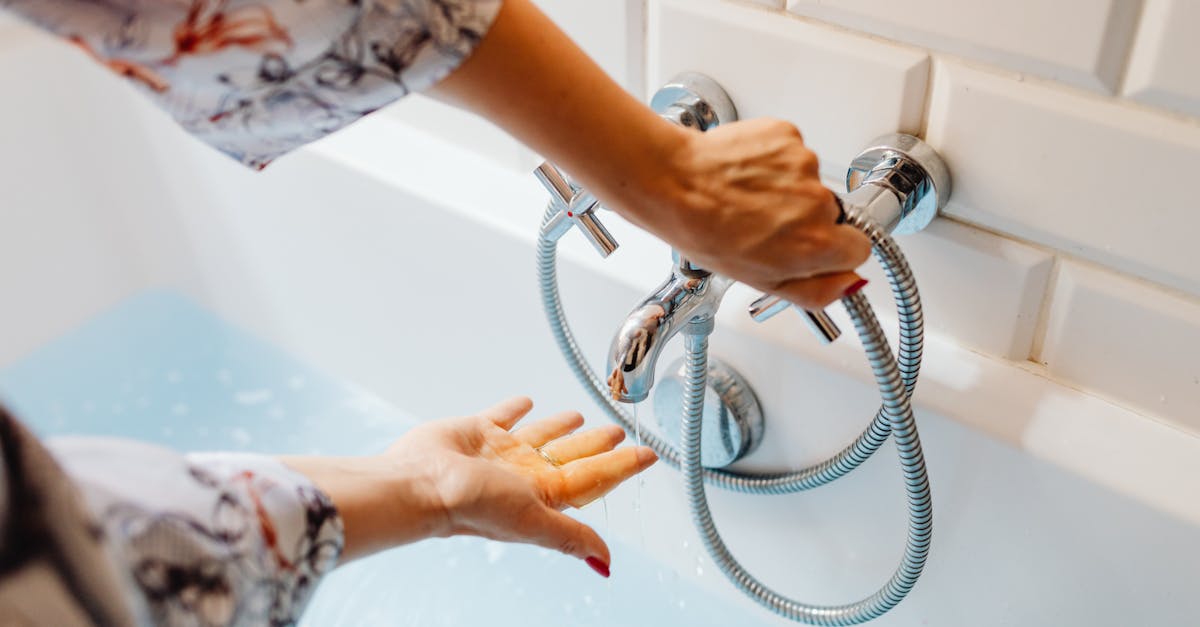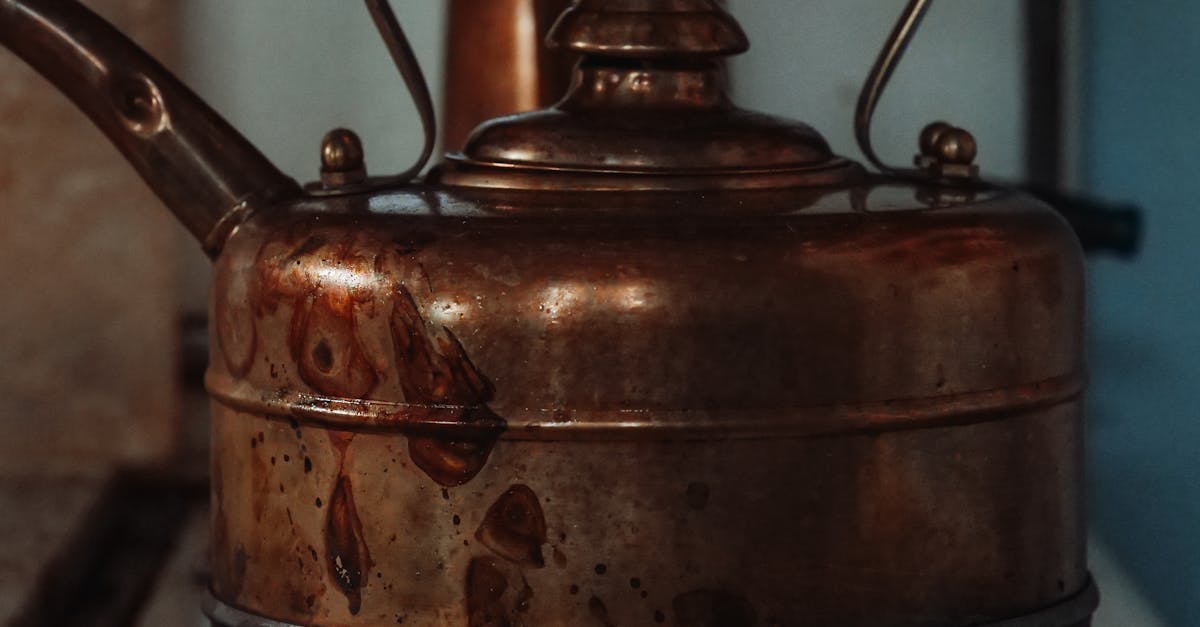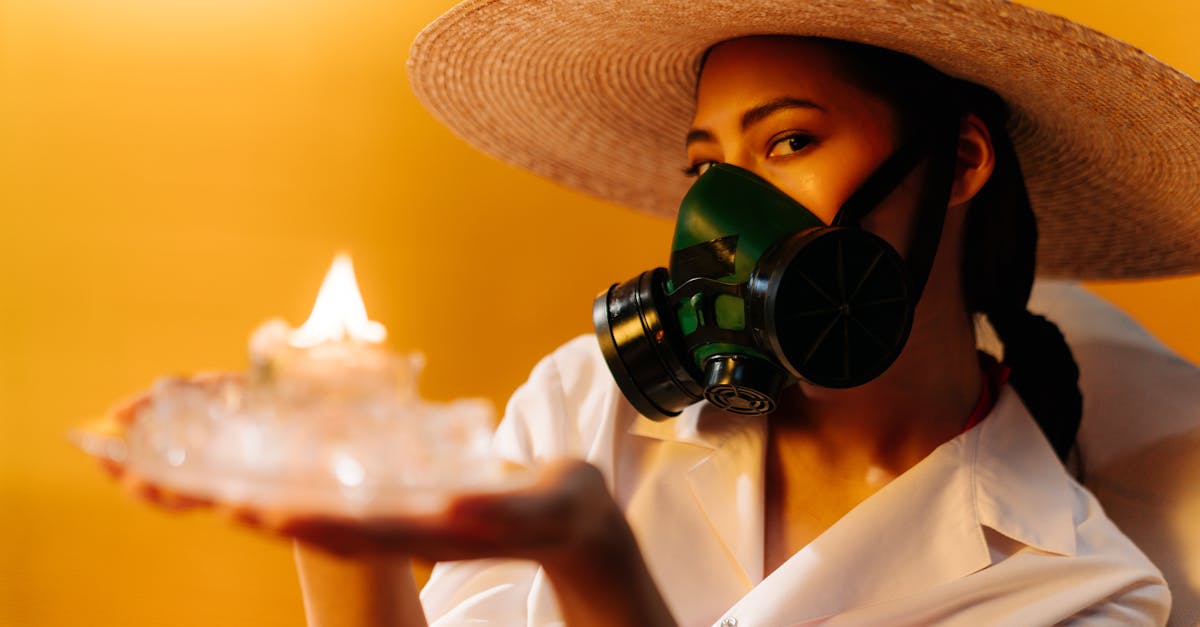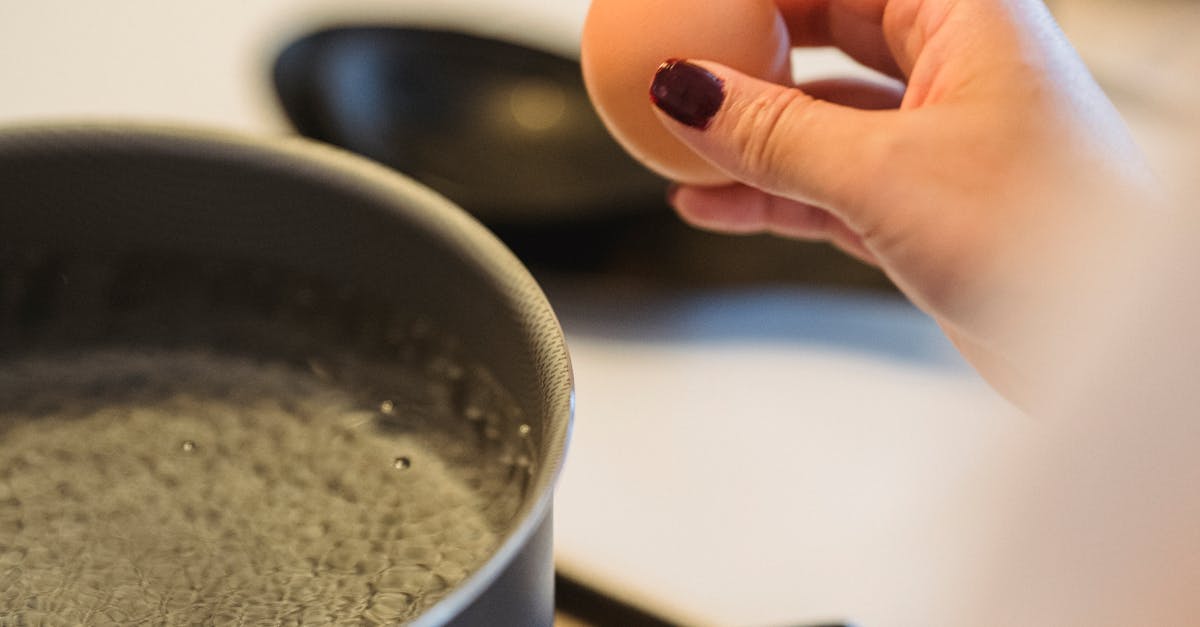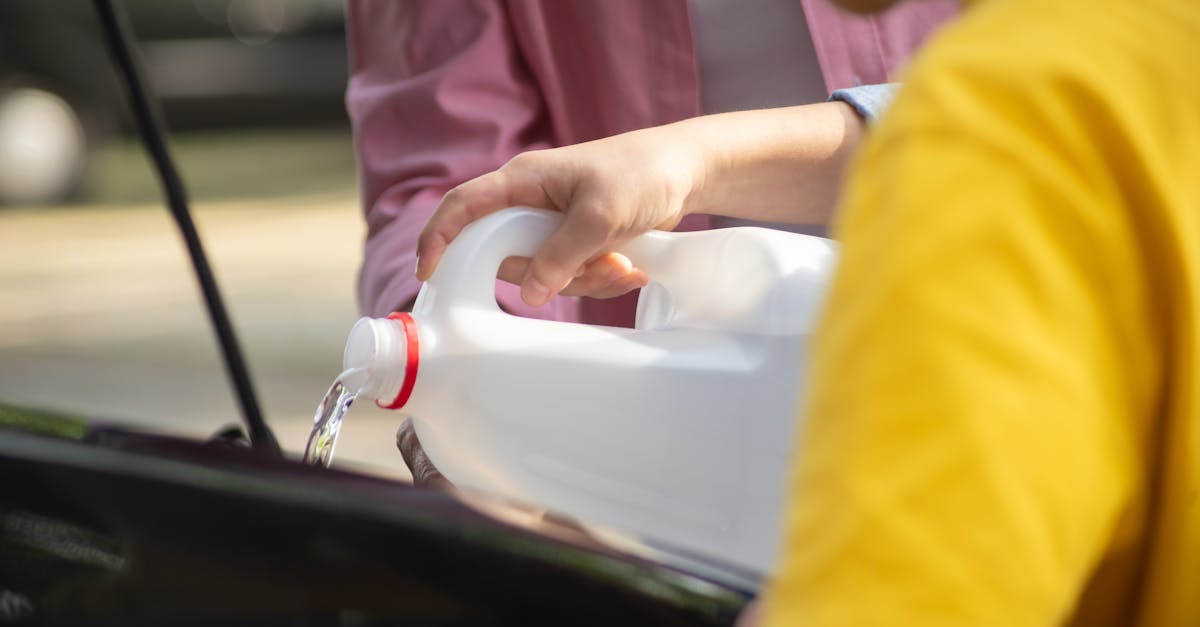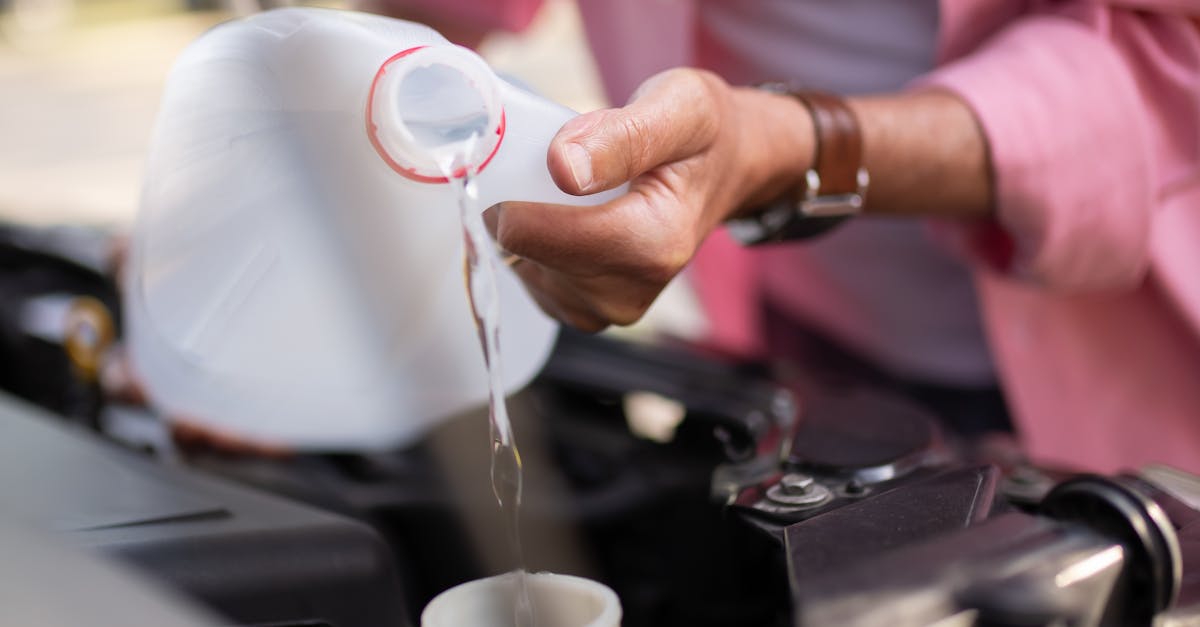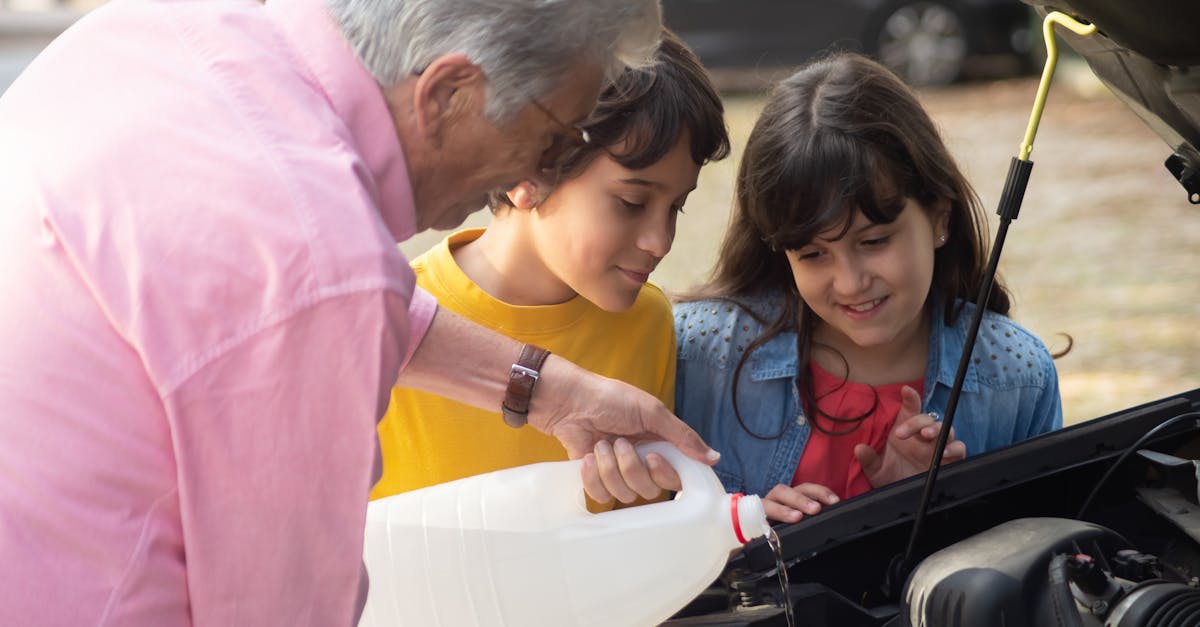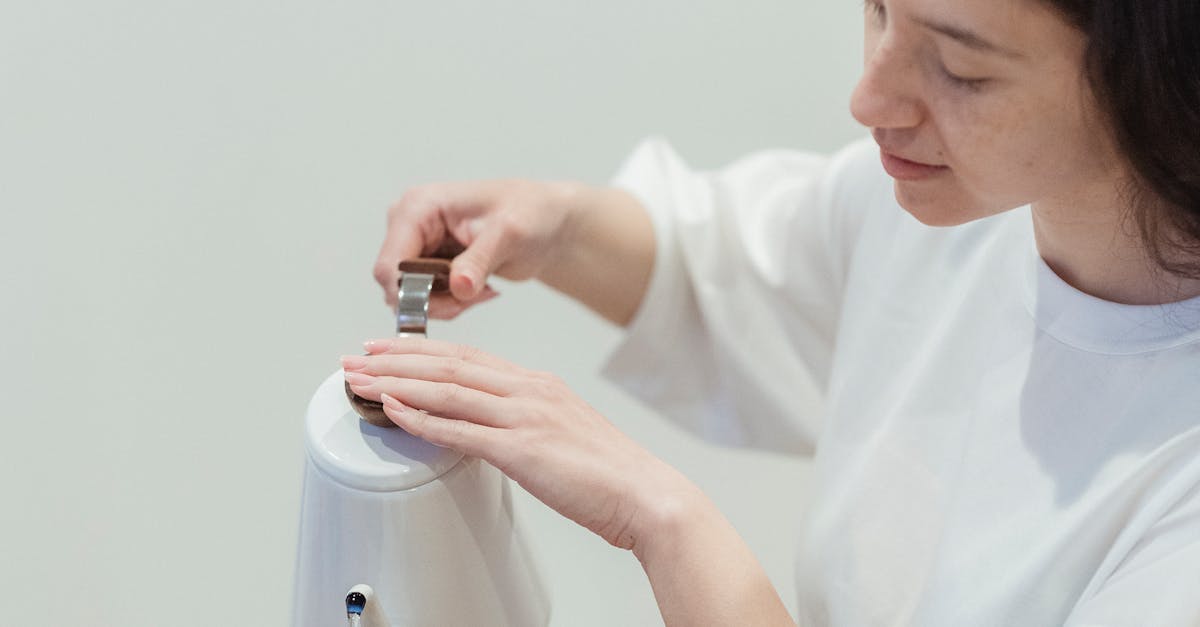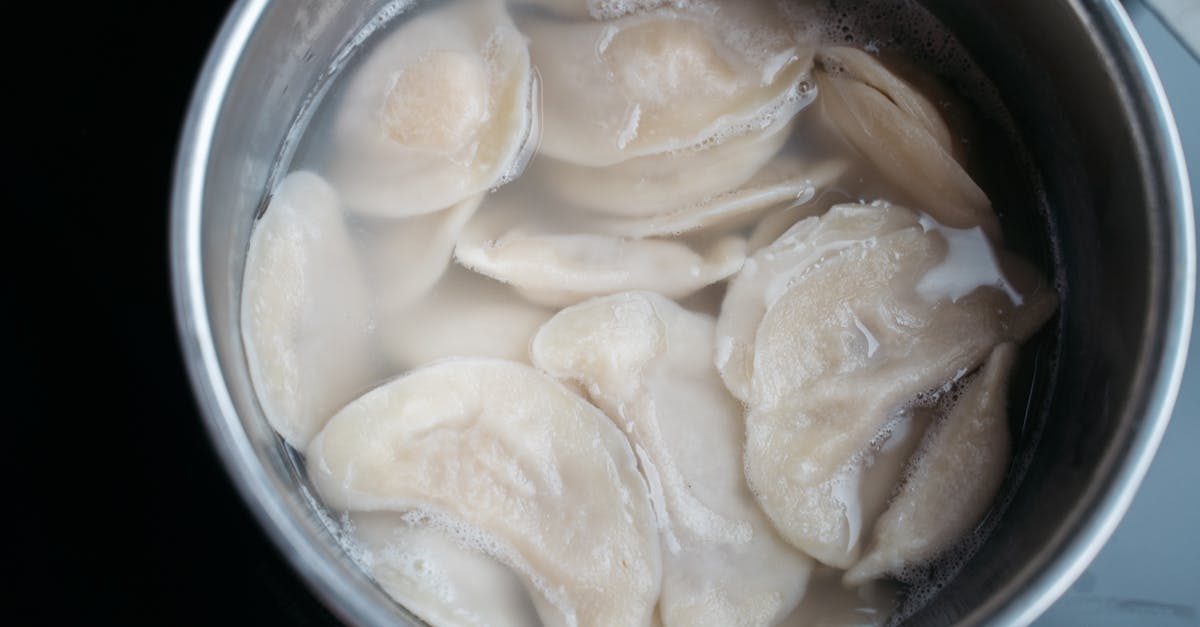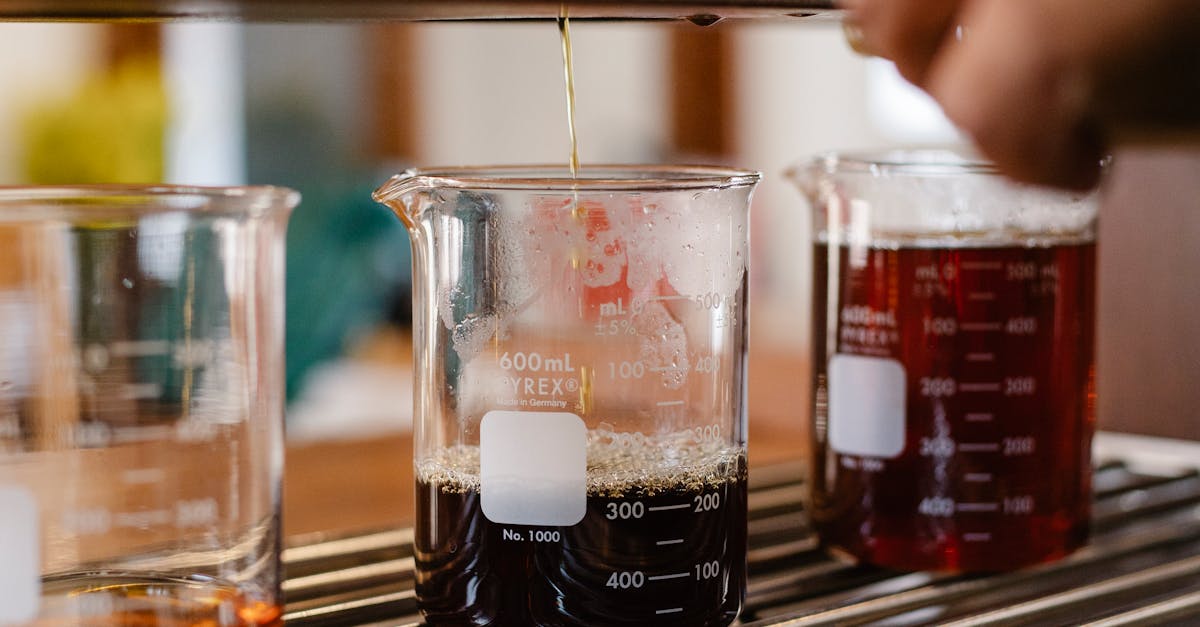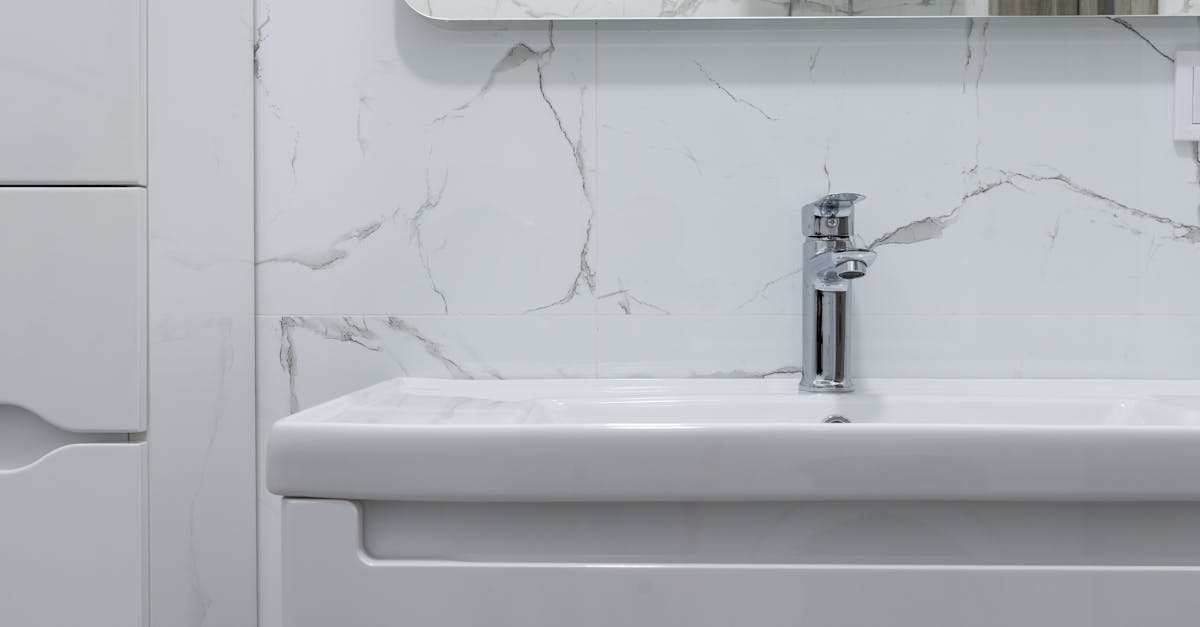
Table Of Contents
Exploring Electrical Component Problems
When dealing with a malfunctioning hot water system, it's essential to examine the electrical components that could be contributing to the issue. Start by checking the thermostat, which regulates the water temperature. A faulty thermostat can lead hot water to run cold, causing considerable inconvenience. In some cases, the heating elements may also be defective, requiring replacement. Identifying these electrical problems early can save you time and money, especially if you need to call for emergency hot water repair.
Another common electrical issue is related to the circuit breakers. If the breaker connected to the hot water system has tripped, the appliance may not function correctly. Inspect the breaker box to see if a reset is needed. Remember that electrical problems can be dangerous and complex, emphasising the importance of safety in troubleshooting these components. If you are unsure, it is advisable to seek professional assistance to avoid further complications during your emergency hot water repair.
Understanding Circuit Breaker Functions
A circuit breaker plays a critical role in managing the electrical flow to your hot water system. If the breaker trips, it interrupts the power supply, which can result in a lack of hot water. Understanding how your circuit breaker operates is essential, especially when facing an unexpected situation that necessitates an emergency hot water repair. The position of the breaker can indicate whether it needs a reset or if there are underlying issues that require further investigation.
To maintain optimal functionality, it’s wise to regularly check your circuit breaker, especially if you notice fluctuations in your hot water supply. Frequent tripping may suggest problems not just with the breaker itself, but potentially with the hot water system’s components. If DIY attempts do not resolve the issue, it’s advisable to contact a licensed electrician or plumber. This can ensure that problems are diagnosed correctly, preventing future emergencies and ensuring a reliable hot water supply.
Contacting a Professional Plumber
When facing issues with your hot water system, contacting a professional plumber is often the most effective solution. These experts possess the knowledge and skills necessary to diagnose problems accurately. They can tackle any complications from malfunctioning thermostats to leaks in the system. An urgent call for emergency hot water repair may save you from further damage and additional costs down the line. Having a qualified plumber assess the situation can provide peace of mind, ensuring that your hot water is restored safely and efficiently.
When you contact a plumber, it’s important to provide as much detail as possible about the issue you’re experiencing. Mention any unusual noises, leaks, or temperature irregularities you've noticed. Clear communication can help the plumber understand the severity of the situation and prepare accordingly. This information becomes particularly crucial when requesting emergency hot water repair, as it allows the professional to prioritise your appointment and arrive with the right tools and parts needed for a swift resolution.
What Information to Provide
When contacting a professional for assistance with hot water issues, providing detailed information can expedite the repair process. Begin by describing the symptoms you've noticed, such as fluctuating water temperature or unusual noises from the unit. Include any specific circumstances that preceded the problem, such as power outages or sudden temperature drops. This background can help the plumber diagnose the issue more effectively.
It’s also beneficial to share details about the hot water system itself. Note the type of system you have, whether it’s electric, gas, or solar, along with its brand and model number if available. Mention any attempts you have made to troubleshoot the situation, such as checking the circuit breaker, as this can save time. If you require emergency hot water repair, emphasise the urgency of the situation to ensure timely service.
Temporary Solutions While Waiting for Repairs
When the hot water system fails, finding alternatives for daily tasks becomes necessary. Relying on cold water doesn't mean compromising on hygiene or comfort. For example, filling a basin with cold water allows for effective handwashing. Showers can still be refreshing when using a mix of warm and cold water or heating some water on the stove to use temporarily. Each of these methods provides a short-term solution while awaiting an emergency hot water repair.
Cooking can also be adjusted with cold water available. Dishes like salads or cold pasta can be prepared without needing hot water. Encouraging the use of paper plates or any disposable items will simplify the clean-up process. These practical adjustments help maintain a level of normalcy until you can get your hot water system back in order. Prioritising small changes can make the waiting period more manageable.
Using Cold Water Effectively
When hot water is unavailable, making effective use of cold water can help maintain comfort and hygiene. Basic activities such as showering or washing hands can still be managed, albeit with a few adjustments. Consider using lukewarm water for washing smaller items like dishes or clothing by mixing cold water with some heated water from the kettle. This can provide a temporary solution until an emergency hot water repair is conducted.
In the kitchen, cold water can be advantageous for various tasks. Rinsing produce and cleaning surfaces requires less energy and allows for a fresh, crisp feel. Additionally, repurposing ice from the freezer can help chill drinks or maintain the temperature of certain perishable items. Making the most of cold water resources can ease the discomfort of waiting for repairs and ensure daily routines continue with minimal disruption.
FAQS
What should I do first if my hot water is broken?
First, check if the problem is related to the electrical components, such as the circuit breaker. Ensure it hasn’t tripped and is functioning properly. If everything seems fine, consider contacting a professional plumber for further assistance.
How do I check if my circuit breaker is the issue?
Locate your circuit breaker panel and look for any tripped switches. If you find one that’s not in the 'on' position, flip it back to 'on'. If it trips again, you may have an underlying issue that requires a professional’s attention.
When should I contact a plumber for hot water issues?
You should contact a plumber if you’ve tried basic troubleshooting and the problem persists, or if you’re unsure about handling electrical components safely. A professional can diagnose and fix the issue more effectively.
What information should I provide to a plumber when seeking help?
When contacting a plumber, provide details such as the type of water heater you have, any error codes displayed, the symptoms you’ve noticed, and any steps you’ve already taken to resolve the issue. This will help them assess the situation more quickly.
Are there any temporary solutions for hot water issues while I wait for repairs?
Yes, you can use cold water effectively for bathing and other needs. Consider heating water on the stove for dishes or sponge baths. Additionally, limit water usage to essential tasks until the hot water is restored.
